Do you feel you are drinking too much?
We have been drinking alcohol for decades. It really is something that is considered ordinary. In the Netherlands, more than 85% of the adult population drinks alcohol and people aged 55 to 70 drink an average of 7.5 glasses of alcohol per week. If you want to know more about this, you can click on the following link of the Trimbos Institute:

Do you know why you drink?
Everyone has a personal idea about what is actually too much. Drinking alcohol seems to have become a normal thing in our society, making it difficult to determine whether you might be drinking too much. Many people today cannot imagine a life without alcohol. How's this for you? Drinking an occasional drink can of course not hurt, but if you drink because, for example, you want to dispel the feeling of stress, loneliness or dejection, alcohol can become a problem for you.
Health risks of alcohol use:
Alcohol used to be something for special occasions, but nowadays almost everyone has alcohol in the house and it is normal to drink a glass of wine with dinner. Because alcohol is socially accepted, many people over 55 are not aware of the health problems that alcohol can cause Alcohol has an innocent character for many, but how healthy or unhealthy is it really? Much research has been done into the effects of alcohol on the body in recent years and the results range from healthy to carcinogenic. This is confusing at times and often we as humans tend to focus on conclusions that confirm what we most want to hear. A number of known effects of alcohol use are, for example: less good sleep, a poorer memory, a negative influence on fitness and sports performance,
The most well-known consequence of regular alcohol consumption is liver damage. For example, it can happen that this can lead to fatty liver. Another consequence of alcohol is that the liver becomes inflamed and functions less well. Without a properly functioning liver, the body is slowly poisoned and people suffer from fatigue. Scientific research has also shown that alcohol increases the risk of developing various types of cancer. Particularly in the mouth, throat, esophagus, liver or pancreas and the intestines. In recent years, it has also been known that alcohol increases the risk of breast cancer. Even at low doses (moderate alcohol consumption) an increased risk of cancer cannot be prevented.
Examples of physical and psychological complaints that can occur in people over 55 with regular alcohol use are:
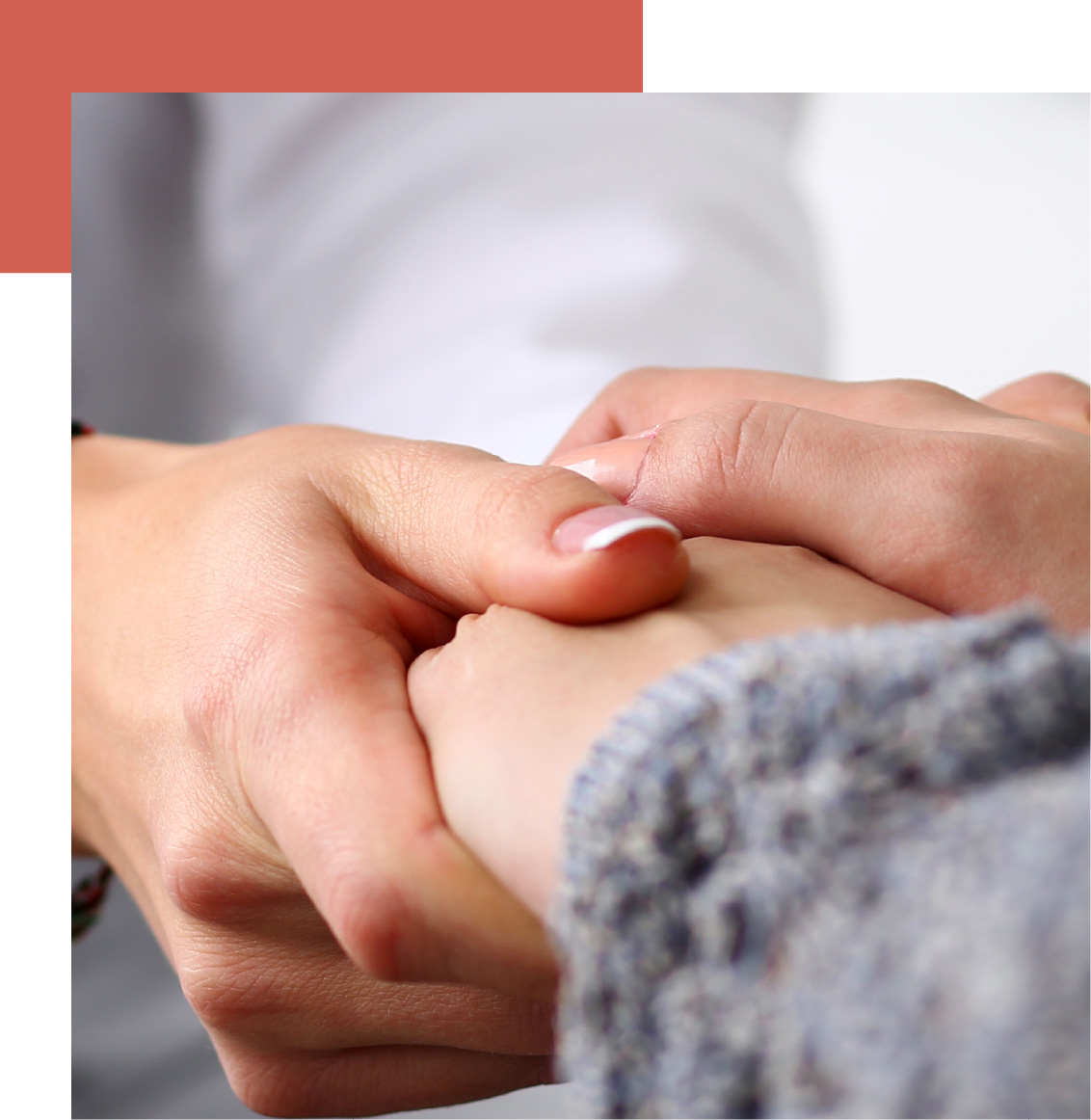
High bloodpressure:
Regular alcohol consumption puts you at risk of high blood pressure. This can cause cardiac arrhythmias and in the worst case even a brain haemorrhage. Conversely, drinking a lot of alcohol can cause blood pressure to drop sharply. The effect of both blood pressure lowering and raising medication can be disrupted by drinking alcohol.
Stomach and intestinal problems:
Alcohol has an adverse effect on the gastric mucosa and this can cause stomach upset. Regular consumption of alcohol can cause incomplete digestion and cause intestinal complaints such as diarrhea or constipation.
Gain weight:
Alcohol contains a lot of carbohydrates and little nutritional value. As a result, drinking alcohol is often combined with eating snacks. One of the effects of alcohol is that it increases appetite. If you take in more calories than your energy needs, it will be stored as fat. In women often in the hips and thighs and in men especially in the abdomen. Here are some examples of how many calories are in alcohol and what you can compare it to:
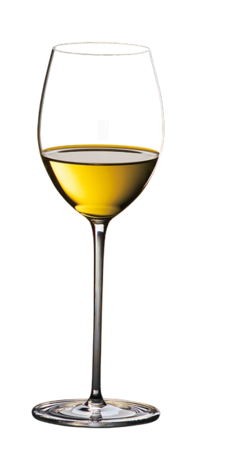 Dry white wine
Dry white wine100 kcal comparable to a biscuit sprinkles
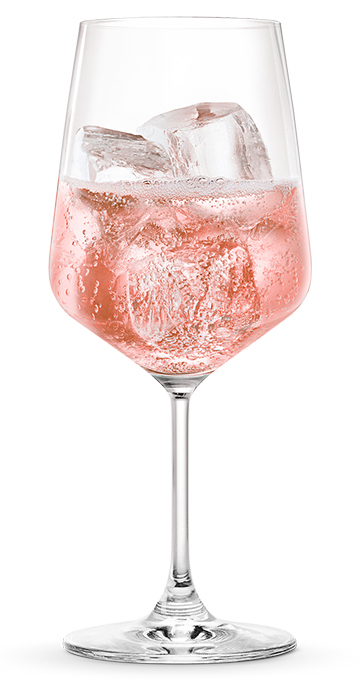
Rosé
106 kcal comparable to 3 bitterballen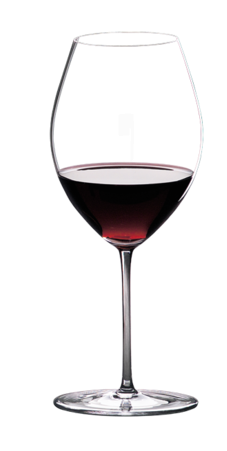
Red wine
123 kcal comparable to 1 banana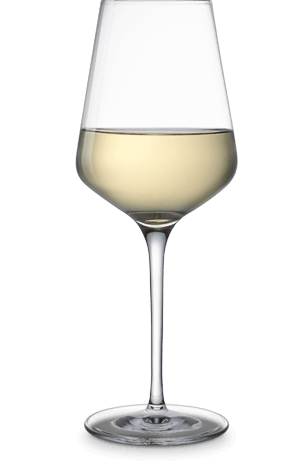
Sweet white wine
144 kcal comparable to a cheese sandwichIncontinence:
Alcohol is a diuretic. When drinking beer, wine or spirits, the kidneys produce more urine. That is why you have to go to the toilet more often the more alcohol you drink. In addition, alcohol reduces the signal to the brain that the bladder is full. This increases the risk of involuntary urine leakage.
Sleep problems:
Alcohol makes you fall asleep more easily, but it does make sure that you sleep less well. Alcohol has a major impact on the quality of your sleep. As a result, people regularly get complaints of fatigue. This ultimately has an effect on concentration and memory. People who have stopped drinking alcohol generally sleep better and more deeply. People generally feel more rested and fitter.

Sexual Problems:
Alcohol increases sex drive, but it decreases sexual performance. In addition, there is a chance that you may do things that you will later regret.
High Cholesterol:
Drinking alcohol regularly raises cholesterol levels. If you are dealing with high cholesterol, it is best to drink as little alcohol as possible. If you do drink, limit this to a maximum of one glass a day and keep alcohol-free as many days as possible.

Gloom/depression and/or anxiety symptoms:
Most people associate alcohol with socializing and being cheerful. Being under the influence also has these effects, but alcohol also reduces the critical ability, which makes people more likely to overestimate themselves and do things that they would not normally do quickly. Many people who drink alcohol never realize that alcohol does have an effect when it has worn off. In addition to a hangover, alcohol also has the property of making you more depressed or strengthening feelings of anxiety.
Greater risk of falling:
People over 55 are at high risk of falling. Falling is the sixth leading cause of death in people over 65 years of age. Nearly one third of people over 65 who still live at home fall every year. About half of them fall repeatedly. Drinking alcohol can increase the risk of a fall many times over.
Alcohol use in combination with drug use:
People over the age of 55 who use medication should be extra careful with alcohol. Most drugs, like alcohol, have to be broken down by the liver. This puts an extra burden on the liver, with the result that some breakdown substances (which are sometimes even more harmful) remain in the body longer. The effect of some medicines may decrease or increase after drinking alcohol. It is advisable to always check what the package insert says about the use of alcohol with a medication. You can also ask your doctor or pharmacist for advice.
Use of medication such as: sleeping and sedative tablets, antidepressants, anti-anxiety drugs, anti-epileptic drugs, heavy painkillers and anti-allergy drugs are drugs where it is better not to use alcohol. This group of drugs generally have an anesthetic effect. Using alcohol will increase the numbing effect. As a result, your concentration decreases, the control over movements decreases and there is a greater chance of dizziness and balance disorders. This increases the risk of falls or other incidents. It is also possible that you can promote fatigue, sleeping problems, depression, disorientation and forgetfulness.
Free sessions
always near you
Participation in 'Moti55' is free and the sessions take place at a location near you. Click on the button below to see where you can contact us.Click here to approach Moti55
